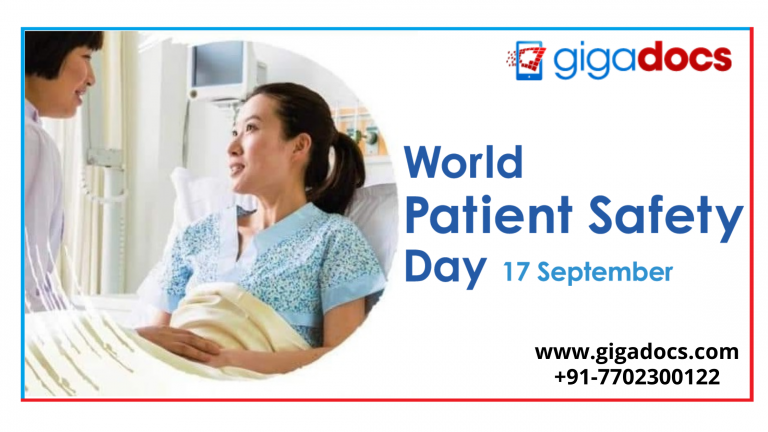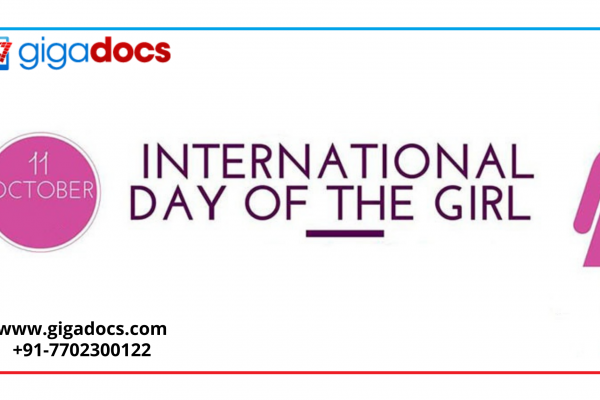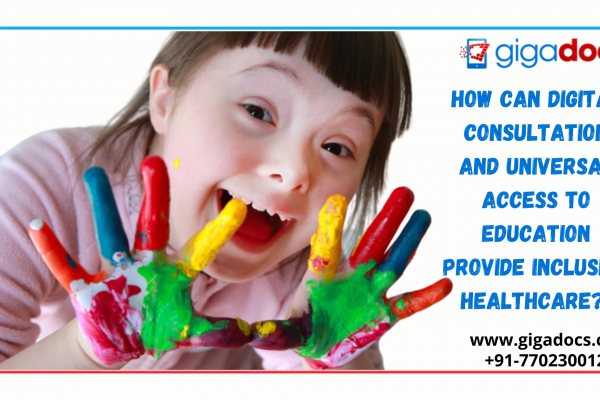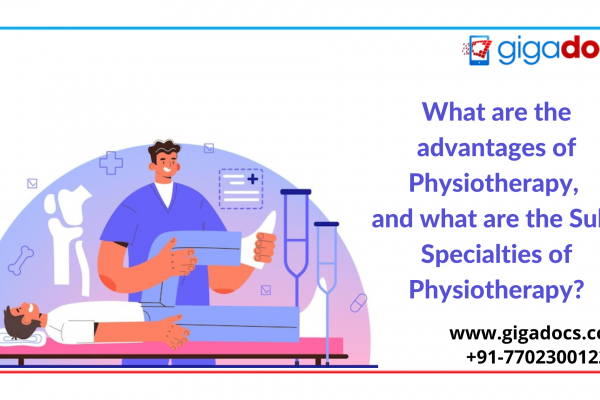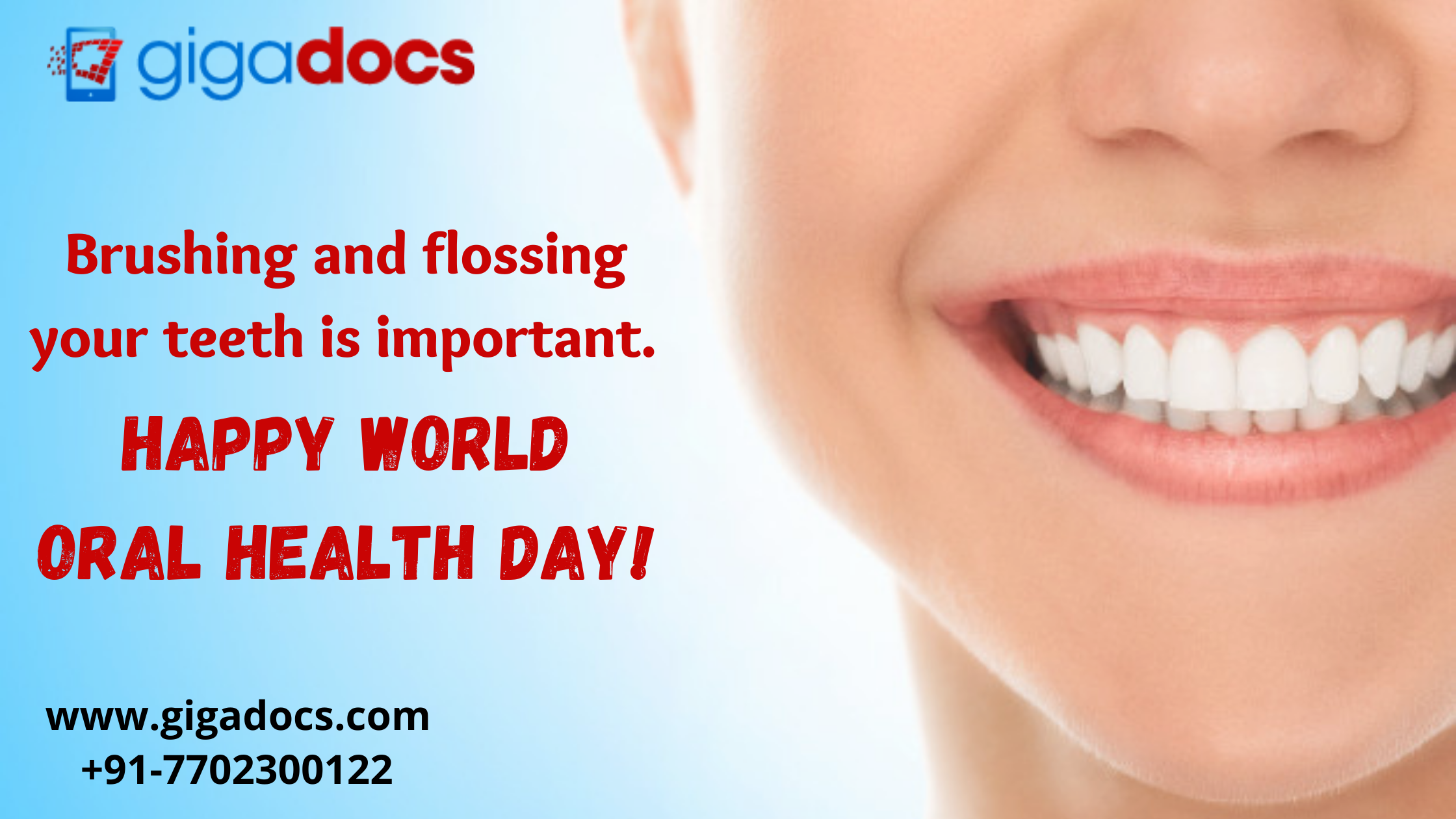Every year, almost 400,000 lives are lost to preventable medical errors.
Isn’t it correct that we visit the hospital to recover? Of certainly, but did you realize that you can catch an infection while hospitalized for something else?
Patients contract infections so often in healthcare facilities while still being treated for a different condition. During your hospital stays, you could acquire a healthcare-associated illness (HAI), such as blood or UTI (urinary tract infection). Healthcare practices can expose you to germs that can transmit from patient to patient in the clinical setting due to poor hygiene or incorrect use or reuse of equipment.
Infections aren’t just found in hospitals. We cannot ignore the infections originating from dialysis centers and OPD (outpatient departments). There have been thirty reported cases of hepatitis B & C reported from these outpatients’ clinics over a span of ten years. That is a worrying three cases per year on average. Worse, they have the potential to be deadly. These infections can be emotionally, financially, and medically disastrous. Worse, they have the potential to be deadly. Here’s a rundown of the common ones:
Avoidable Healthcare-Associated Infections-
- Delayed diagnosis
- Failure of timely follow-up
- Medication errors in patients who are on multiple medications
- Adverse drug reactions
- Diagnostic errors
- Delayed diagnosis
- Falls
- Pressure injuries
- Venous thromboembolism
How Harmful is Healthcare-Associated Infection (HAI)?
- The patient safety concern is the fourth biggest cause of global illness burden, behind tuberculosis, malaria, and several cancers.
- On average, one out of every ten hospitalizations end in a safety failure or an adverse incident.
- In primary and ambulatory care settings, up to four out of ten patients have patient safety concerns.
| Patient Safety Day The annual World Patient Safety Day (WPSD) is held on September 17th to increase worldwide awareness about patient safety and encourage all governments and international partners to work together to decrease patient risk. Patient safety day is observed to avoid and minimize risks, errors, and injury while receiving medical care. World Patient Safety Day is one of the World Health Organization’s 11 recognized worldwide public health campaigns. With the theme “Safe maternal and newborn care,” WHO asks all stakeholders to “Act immediately for safe and compassionate childbirth!” on World Patient Safety Day. |
Tips to Protect from HAI
- Keep your hands clean at all times. Hand washing is among the most reliable ways to kill germs, prevent getting sick, and stop illnesses from spreading.
- Antibiotic medicines should only be taken with your doctor’s instructions. Consult your physician to verify if your antibiotic is still required. When you take antibiotics while you may not need them, you’re putting yourself at risk for adverse reactions and potentially dangerous illnesses in the future. If antibiotics are required, strictly follow the prescribed instructions.
- Keep a watch out for the C. difficile bacteria, which can lead to fatal diarrhea. If you’ve been taking antibiotics, call your doctor if you’ve had three or more episodes of diarrhea in the last 24 hours.
- Keep an eye out for symptoms of infection and associated consequences, such as sepsis. Do not wait to seek treatment. If you suspect an infection, or if your existing illness is not improving or worsening, contact your doctor.
- Inquire with your healthcare practitioner about what they and the healthcare facility will do to safeguard you and your family against an infection acquired at the healthcare premises that is resistant to antibiotics.
- If you have a catheter, check in with your doctor daily to see when it can be removed for cleaning.
- Inquire with your doctor about how you can avoid infections while you are undergoing surgery. Also, inquire about how you might lower your chance of infection while preparing for surgery.
Patient Safety During Hospital Stays for Covid
Hospitals and patient care have faced unprecedented hurdles as a result of Covid. Hospitals’ efforts to verify COVID-19, keep healthcare workers safe, and offer critical services to patients seeking hospital treatment, were the most generally cited hurdles. Patients who needed other medical procedures, such as surgery or chronic or non-chronic consultations, were also exposed to severe illnesses while visiting hospitals for routine checkups.
Gigadocs cares for Patient Safety
As time goes on, healthcare and patient care are transforming. To provide the best possible care to their patients, hospitals and healthcare facilities offer alternative patient care facilities like telehealth services, on-demand consultations, and home sample pick-ups.
Teleconsultation has the potential to benefit people of all ages. It is gaining popularity among both clinicians and patients with chronic and non-chronic diseases. Digital consultations can revolutionize healthcare by moving care away from hospitals and into the familiar surroundings of patients’ homes. Gigadocs digital healthcare app cares for patient safety by extending the state-of-the-art healthcare facilities like appointment booking, digital storage of vitals, patient records, and on-demand consultations.
Download the Gigadocs app and book professional doctors for chronic and non-chronic infections like seasonal illnesses, diabetes, hypertension control from your home at a time convenient for you. To download the Gigadocs app-
- IOS App – apple.co/2W2iG4V
- Android App – bit.ly/33AQoRC
To know more and schedule a demo, e-mail, at info@gigadocs.com
